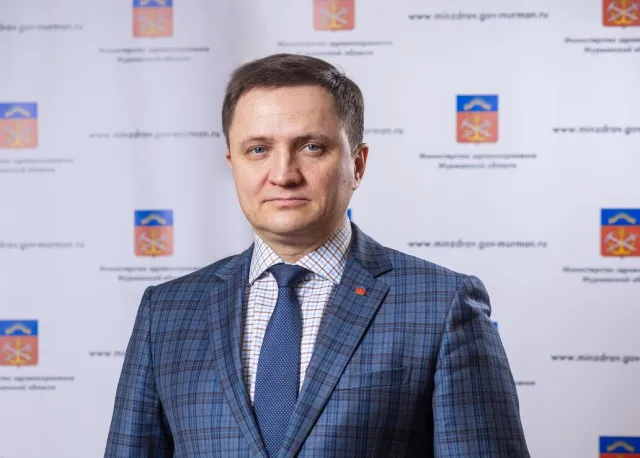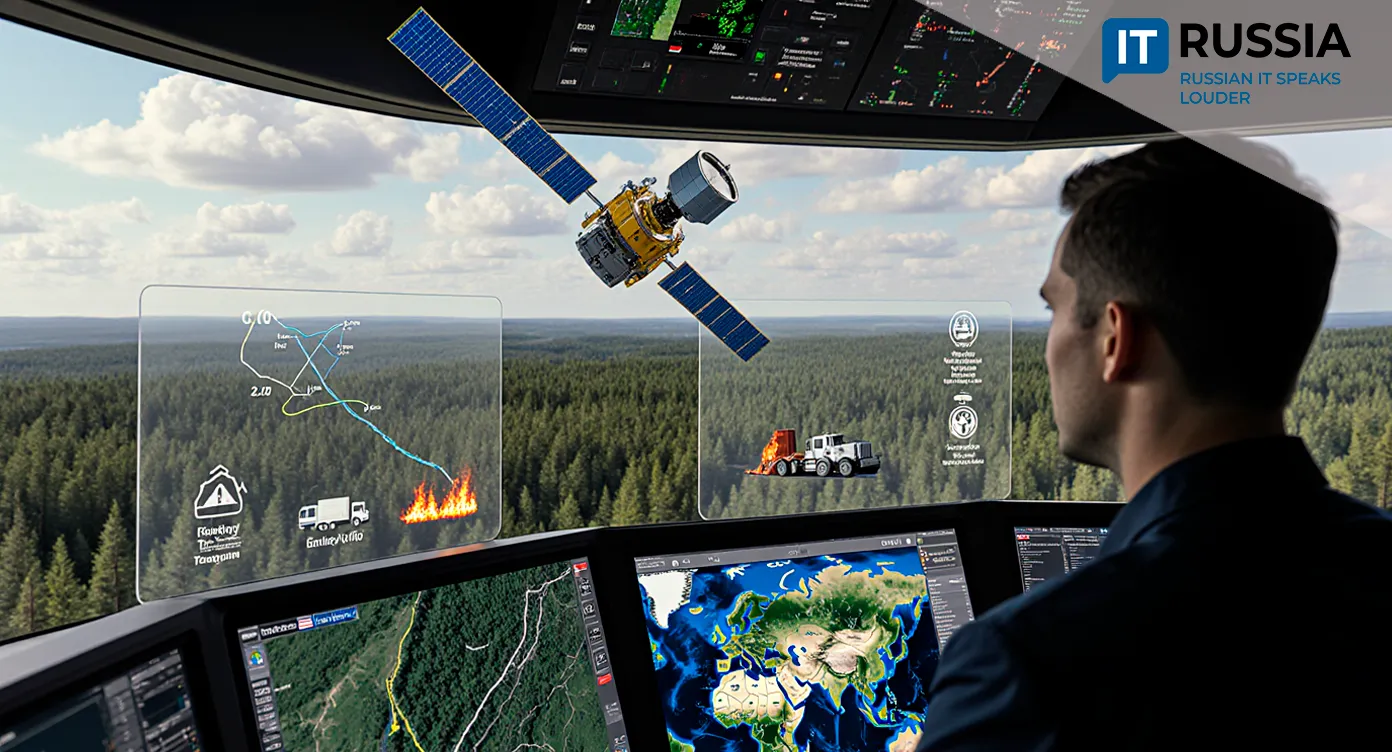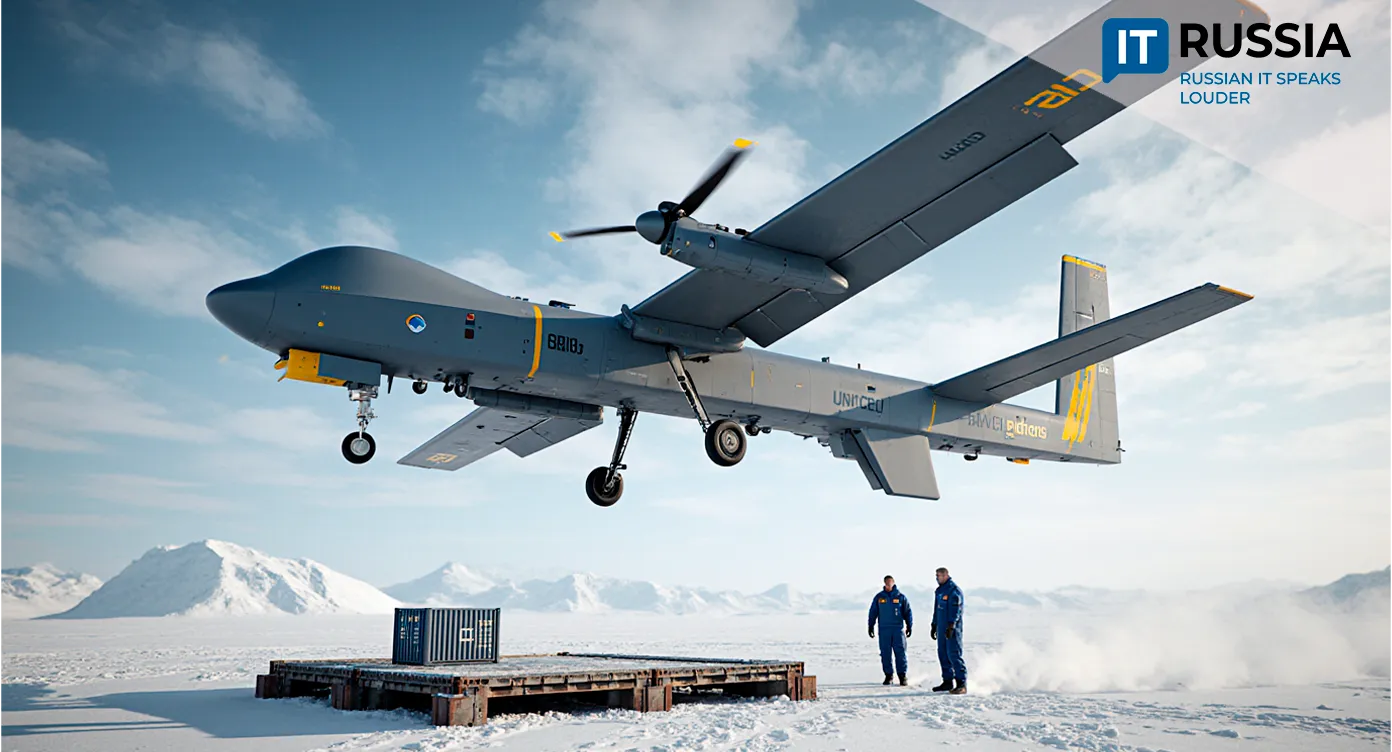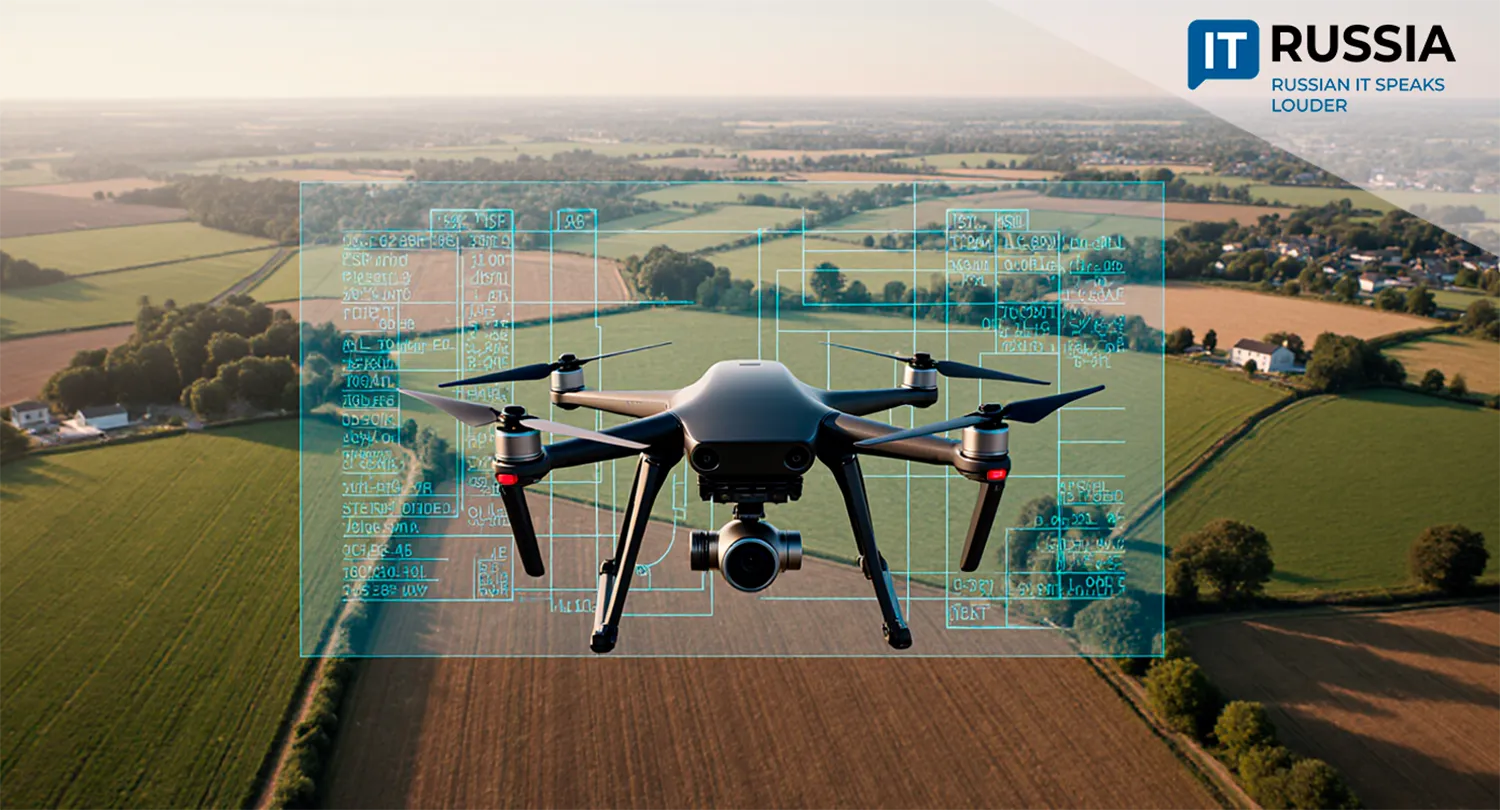Innovation in the North: Russian AI Provides 24/7 Patient Monitoring
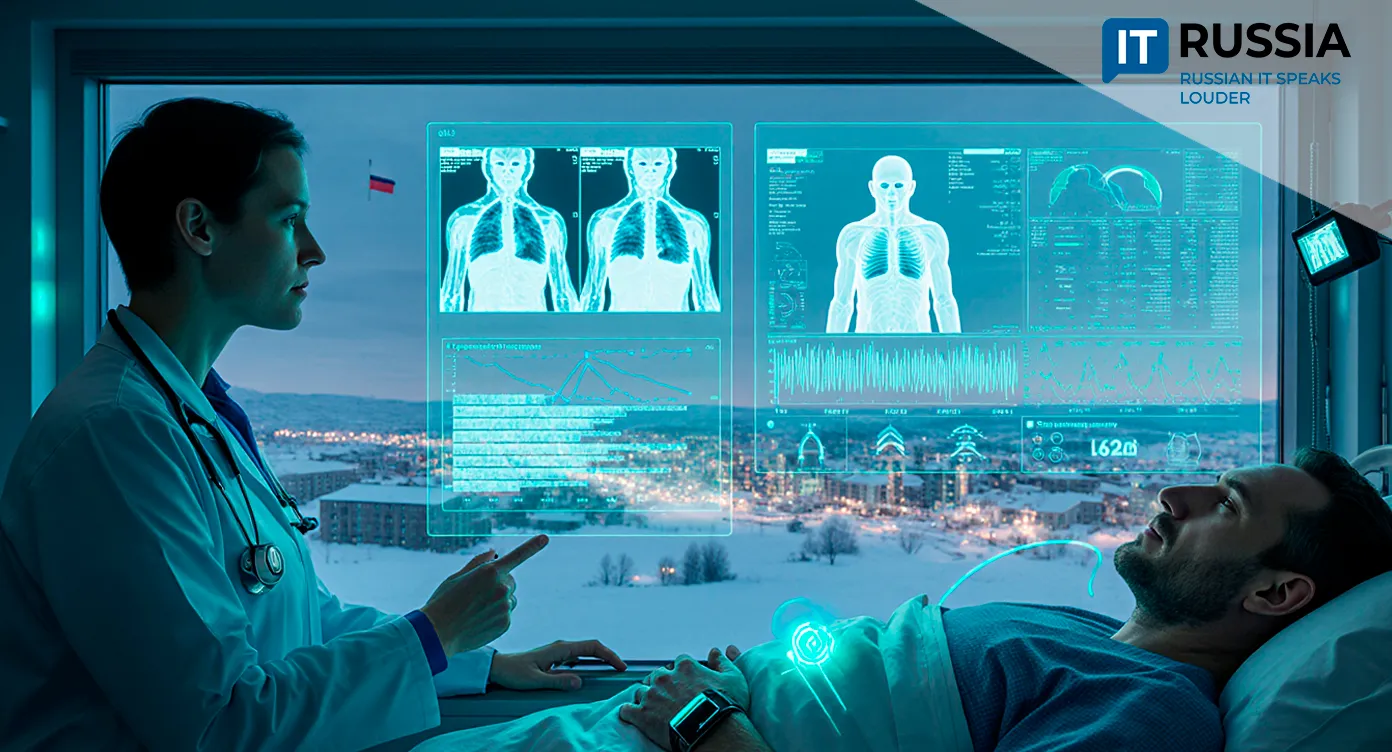
In Murmansk, Russia’s Arctic region, artificial intelligence is transforming healthcare by analyzing thousands of medical images and enabling remote monitoring for thousands of patients with chronic conditions.
AI for Doctors and Patients
In Murmansk, where harsh climate and distance from major centers complicate access to care, artificial intelligence has become a vital support tool. At the Bayandin Regional Clinical Hospital, AI analyzed more than 3,800 medical images in the first half of 2025 alone.
The project equips patients under clinical supervision with personal devices—blood pressure monitors, glucometers, and other sensors—that transmit data in real time to physicians. Doctors can then adjust treatment and monitor patient status remotely.

This model is particularly effective for those with cardiovascular disease and type 2 diabetes. As of July 2025, more than 7,000 people were under remote monitoring: over 6,000 with hypertension, about 1,000 with diabetes, and more than 200 children diagnosed with ENT conditions.
Scale and Impact
Murmansk’s program demonstrates how IT innovation can improve diagnostics in the Arctic. AI accelerates and refines diagnosis, reduces pressure on medical staff, and opens the door to replication in other remote regions of Russia.
Plans include expanding AI use to ultrasound and laboratory imaging, with deeper integration into remote monitoring systems. The current platform already covers over 7,000 people, helping doctors prevent complications before they become dangerous, while saving patients time and travel.
Integration with national and regional medical information systems will enhance AI algorithms through physician feedback and increase population coverage.
Russia’s broader AI healthcare ecosystem underscores this trajectory. The Pirogov.AI system diagnoses ENT conditions from photo and video endoscopy with up to 95% accuracy and is already deployed in Moscow and Perm. The 'Third Opinion. AI Monitoring' platform automatically detects critical events in ICUs and is being rolled out in Moscow, Nizhny Novgorod, and beyond. These cases confirm that AI in Arctic healthcare is part of a larger, coordinated digital medicine strategy.

A Convincing Case for Digital Health
The Murmansk project proves that AI can reduce clinician workload, accelerate diagnostics, and combine imaging analysis with remote monitoring into comprehensive '24/7 digital medical care.'
Future plans include scaling the number of processed images, introducing AI algorithms for new diagnostic methods, and extending coverage nationwide. Analysts also point to export potential, with lessons applicable in Northern Canada, Scandinavia, and other remote, infrastructure-limited regions.



